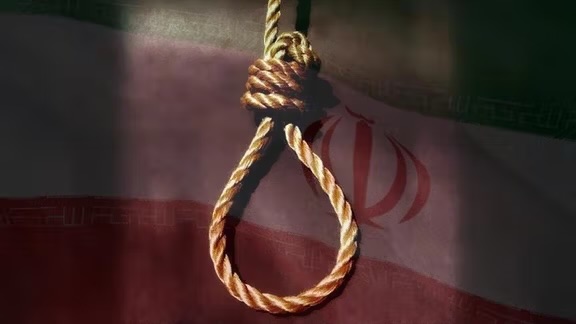
The Ahwazi Organization for Human Rights (A.O.H.R.) has accused Iranian authorities of carrying out a systematic environmental policy aimed at displacing the indigenous Arab population of Ahwaz.
According to the report, Iran has constructed dozens of dams on Ahwazi rivers, diverted the Karun River into Persian provinces, and drained major wetlands such as Hoor al-Azim and Hoor al-Huweizeh. These measures have destroyed agriculture, displaced thousands of families, and triggered recurring dust storms.
The organization also points to widespread pollution from oil and petrochemical industries, including gas flaring, which has made Ahwaz the region with the highest cancer rate in Iran.
The report accuses the Iranian Revolutionary Guard of confiscating Arab farmlands under what it calls a “scorched earth” and demographic change policy.
A.O.H.R. stresses that these practices violate multiple international agreements, including the Geneva Conventions, the Genocide Convention, the International Covenant on Economic, Social and Cultural Rights, and the Ramsar Convention.
The group describes the situation as a dual violation targeting both people and environment, warning that Iran’s policies represent a long-term strategy to weaken and displace the Ahwazi Arab population.


